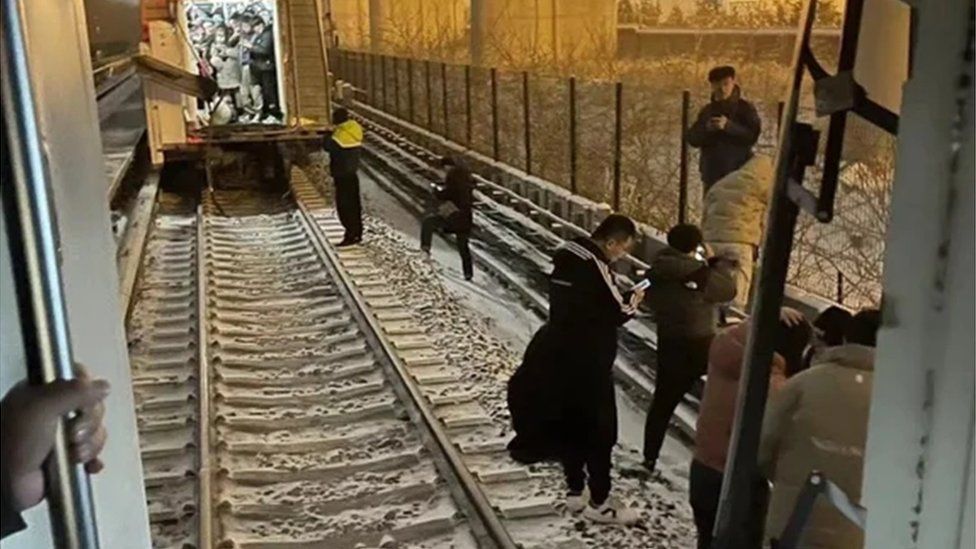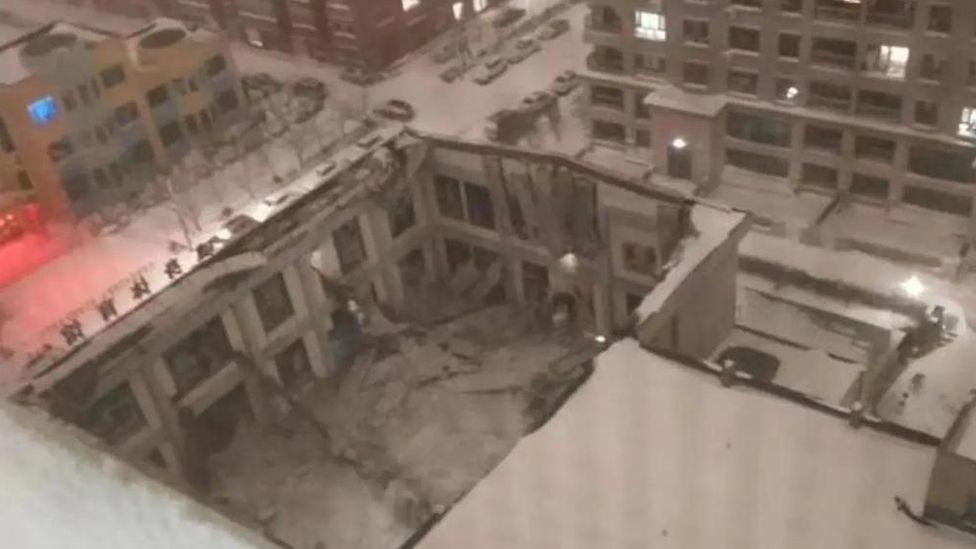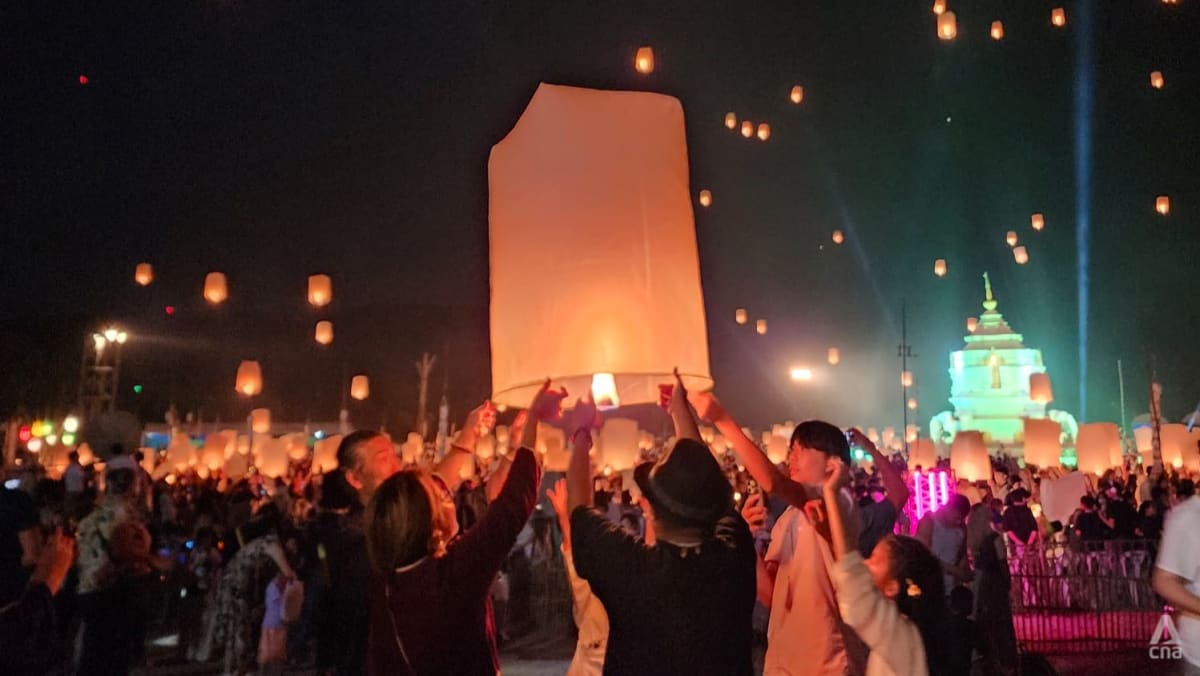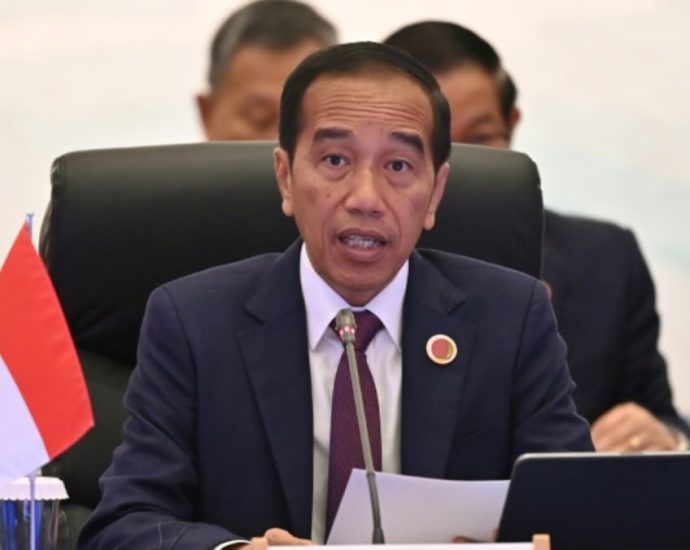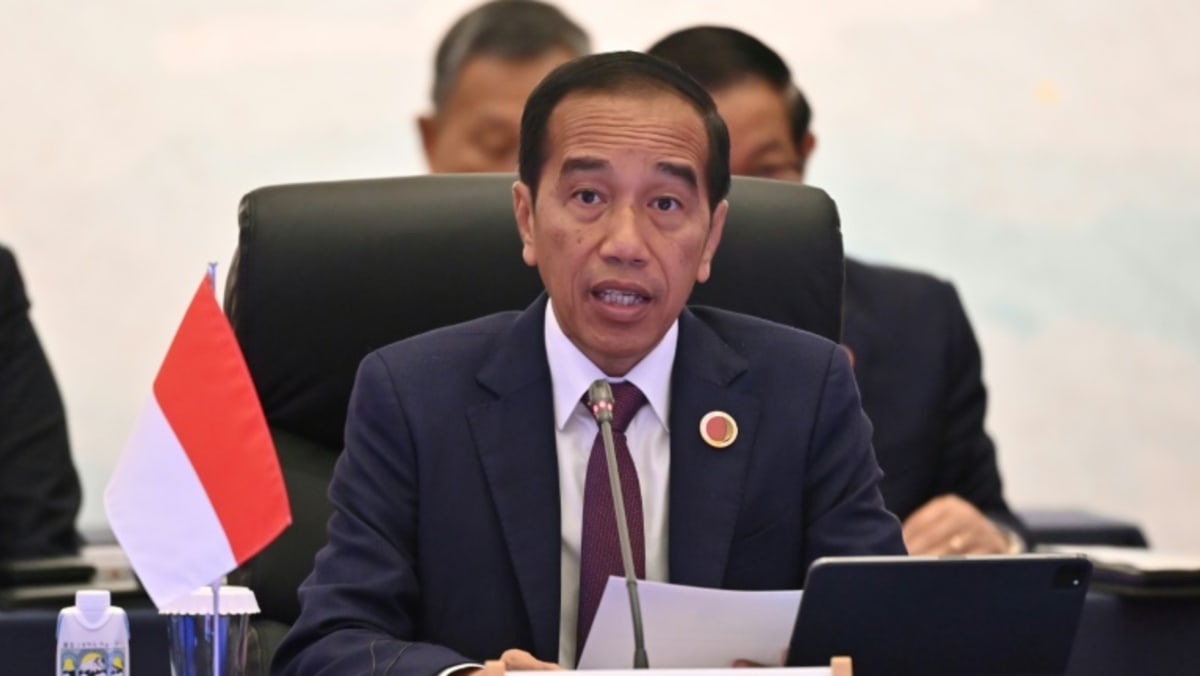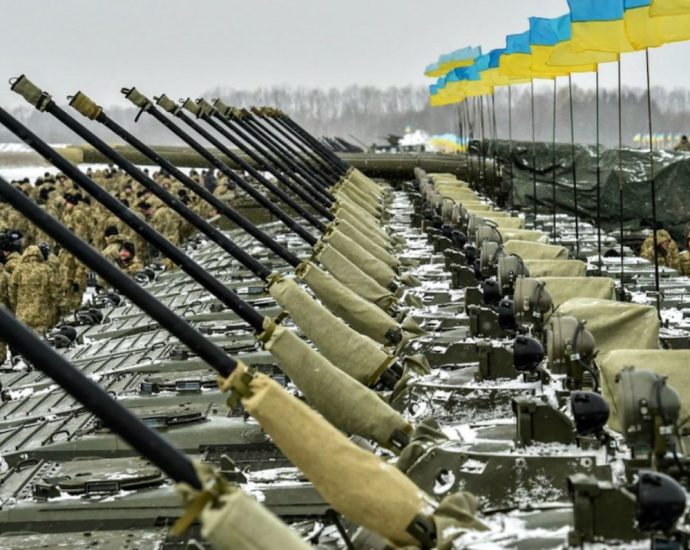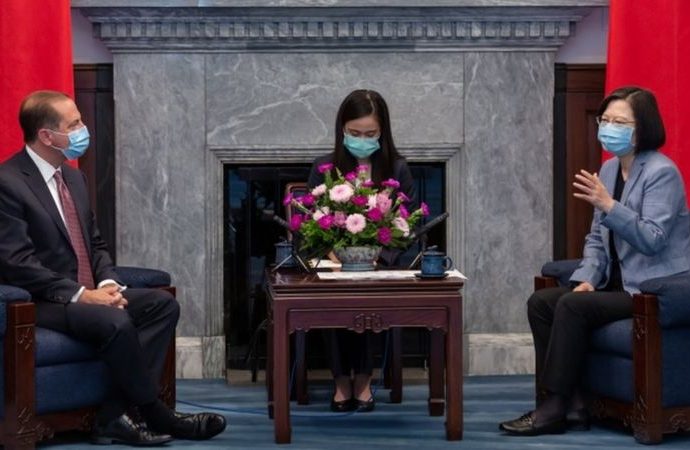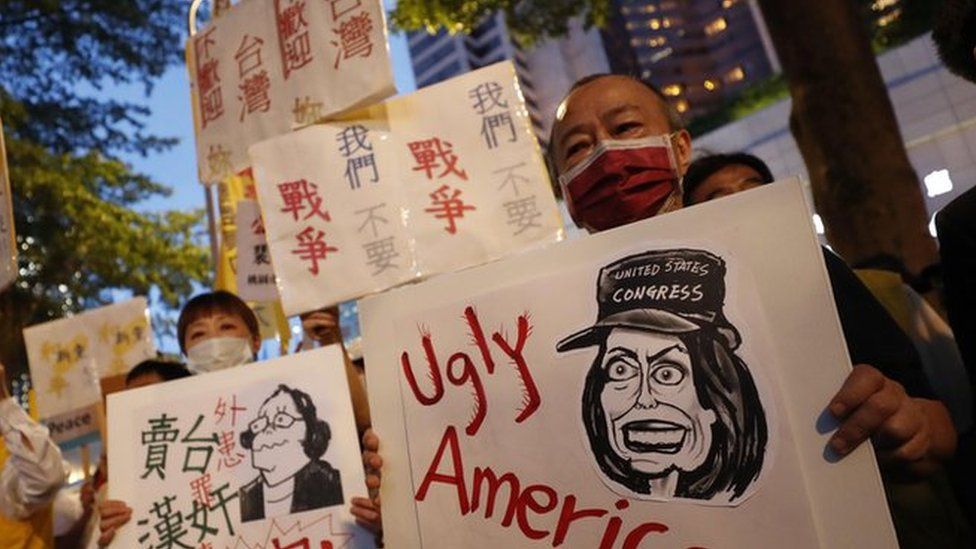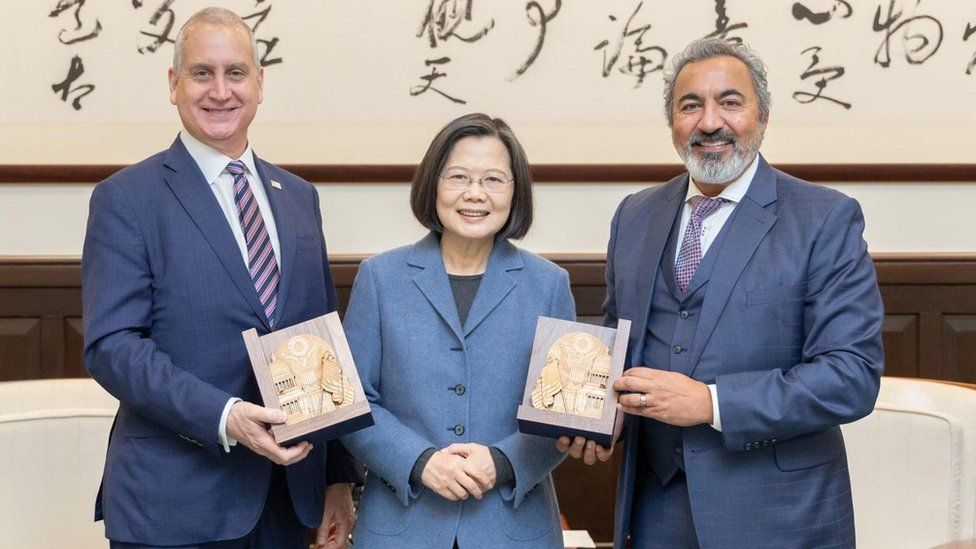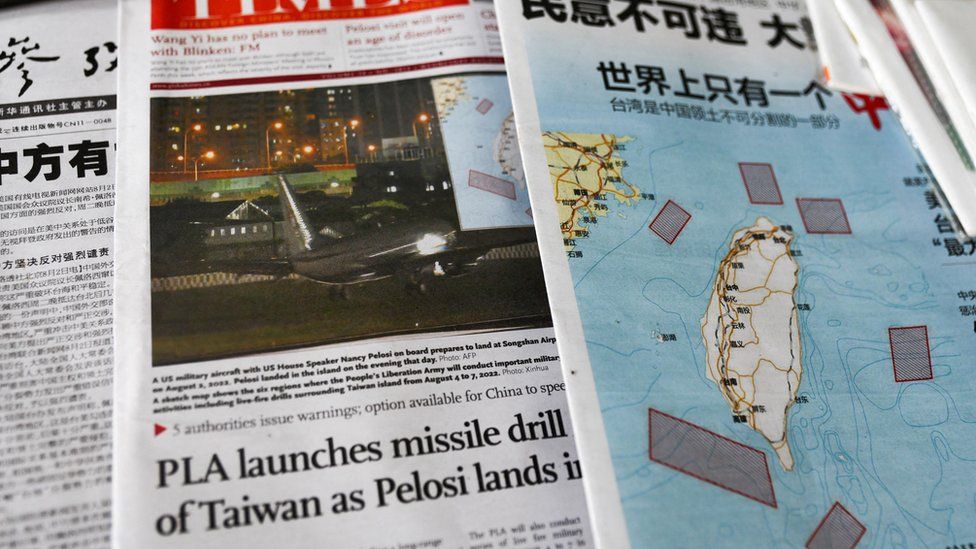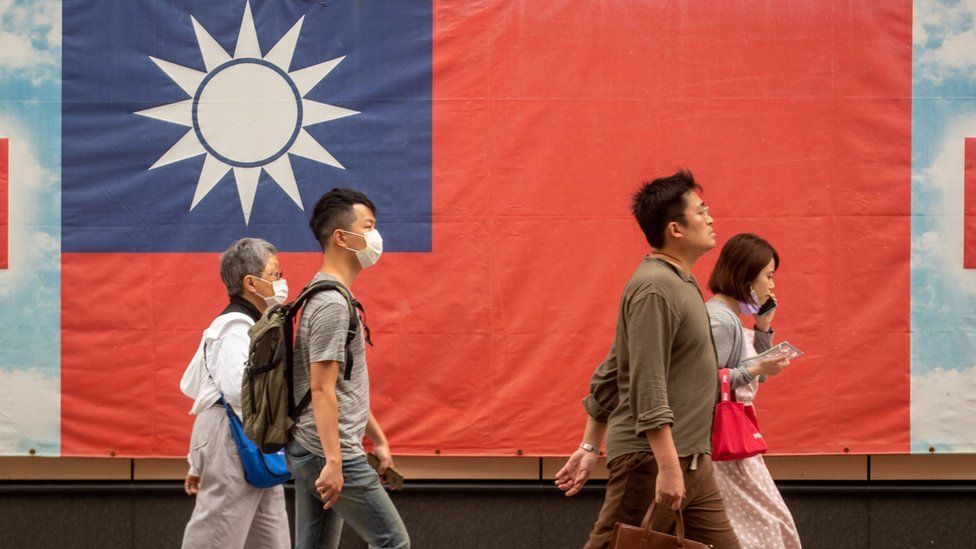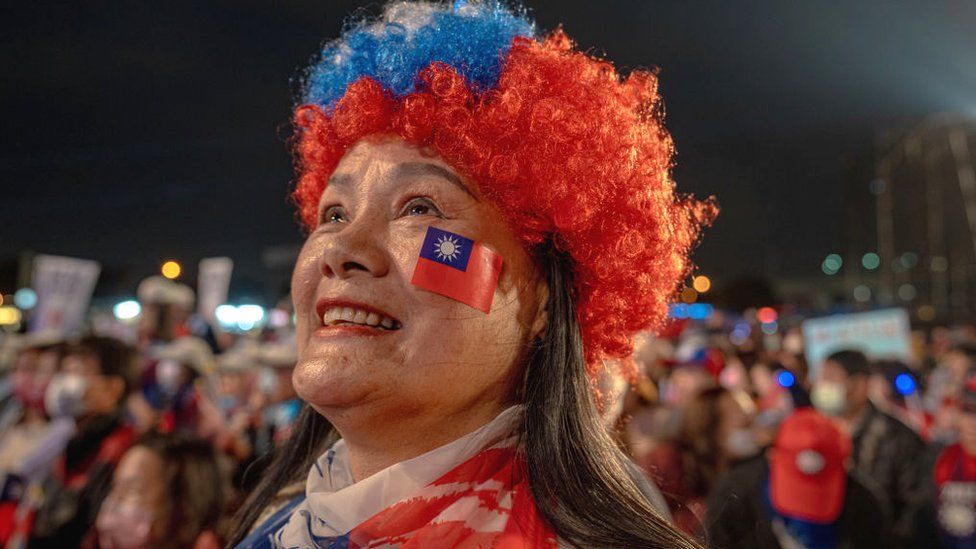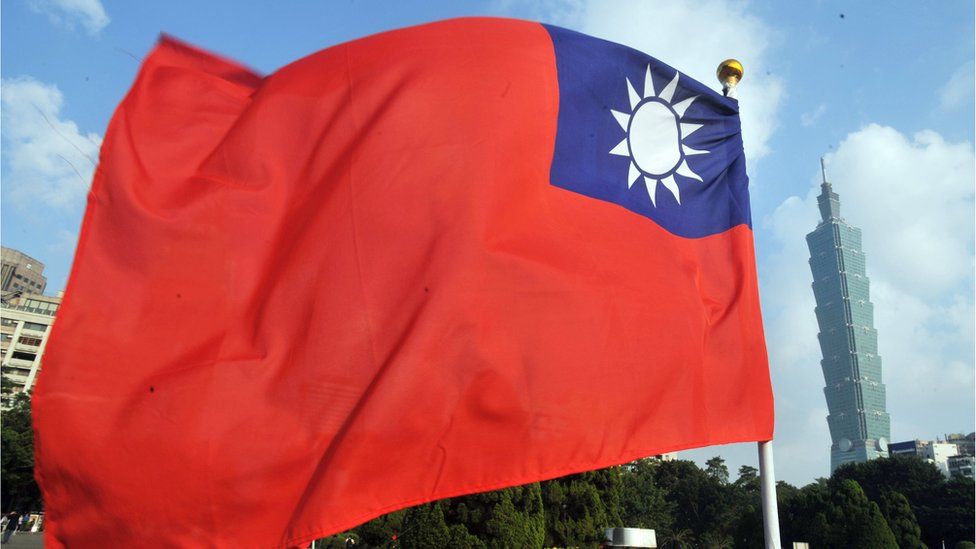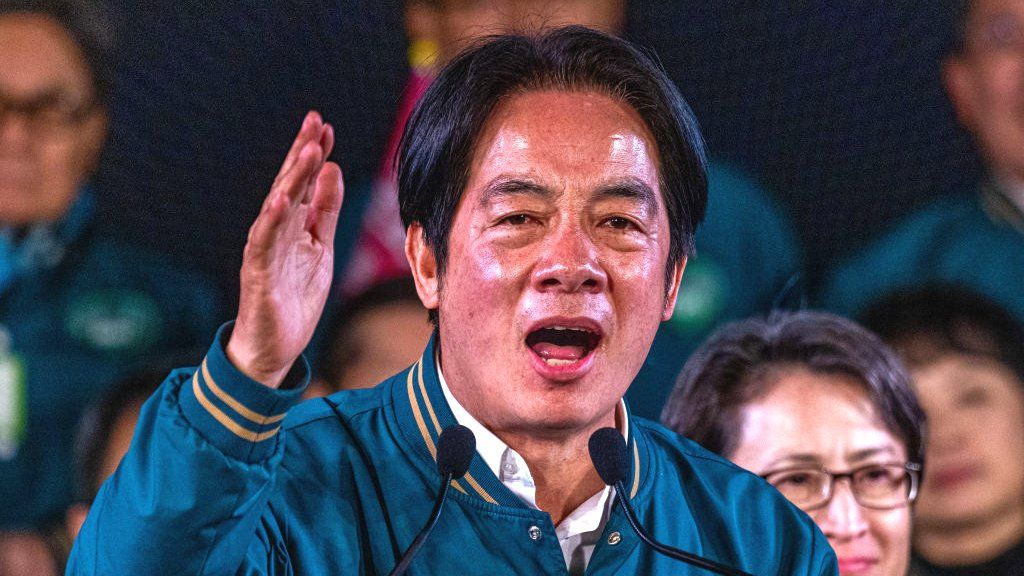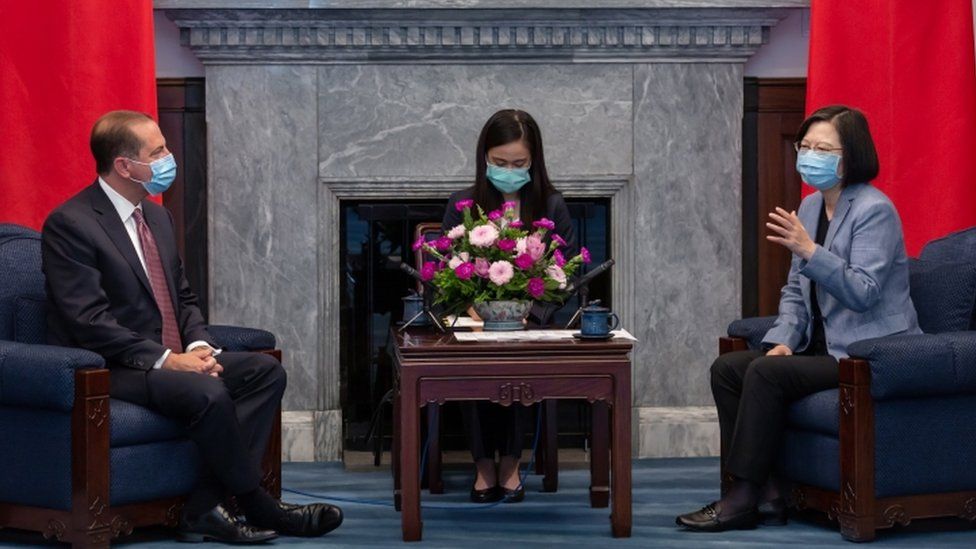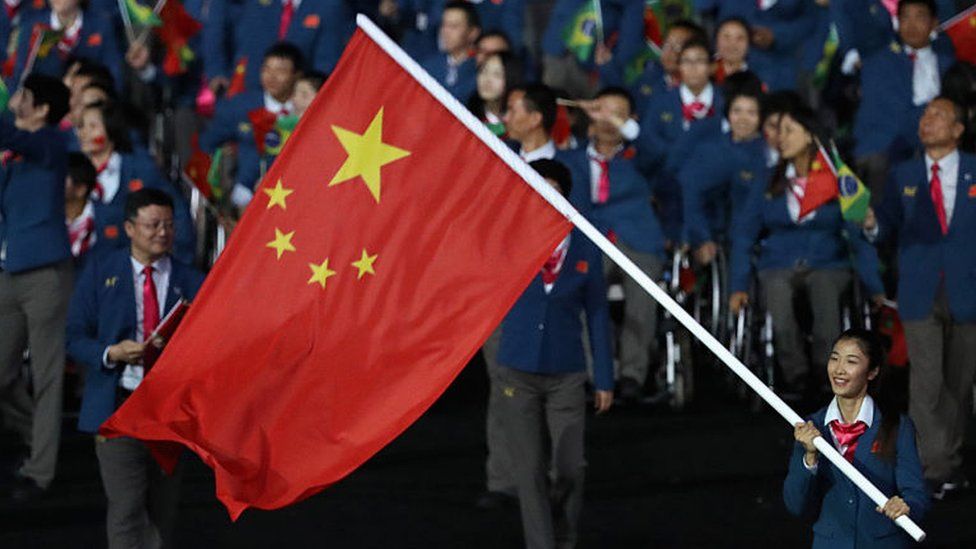Letter from Lucknow: Indians steer their own course – Asia Times
Last month, I spent a week with friends and former colleagues in Lucknow, the capital of Uttar Pradesh and one of India’s most beautiful cities. My purpose was to determine if the views of Lucknow’s high society were substantially in sync with Prime Minister Narendra Modi’s worldview and foreign-policy objectives. My conversations revealed a remarkable convergence of opinions.
Lucknowites, with rare exceptions, support India’s long-established policy of strategic autonomy and are not amused when zealous “Indo-Atlanticists,” in league with their foreign connections, try to rope India into the agendas of others. These locals were adamant that India conduct its foreign relations according to its own lights and not back off in its pursuit of multipolarity.
The Lucknowites I dealt with were highly vocal and effusively optimistic about India’s future, notwithstanding the serious internal challenges the country is facing. This positive frame of mind contrasts with the pessimism of many in the Euro-Atlantic realm over what they consider to be the fecklessness of their leaders and the nihilism of their foreign and domestic policies.
My interlocutors grasp that the polices of the Western powers are increasingly ideologically driven, as, for example, when they insist that India’s approach to energy imports comply with the West’s strategic priorities, which are often intertwined with ideology.
But Indian Oil Minister Hardeep Singh Puri says India will follow a pragmatic course; New Delhi’s policy on oil and gas imports is influenced by price dynamics, not the strategic ambitions of others. India will buy energy products even of countries with which the West is at loggerheads. And if they don’t like, they can lump it.
Subrahmanyam Jaishankar, India’s external affairs minister, said much the same thing in rebuking the West this month at the Munich Security Conference. He did not mince words: “Does India have multiple options? The answer is ‘yes.’ Is that a problem? Why should it be a problem if I’m smart enough to have multiple optons? You should be admiring me; you shouldn’t be criticizing me.”
Nehru to Modi – a continuum
My hosts reminded me that Jawaharlal Nehru, India’s first prime minister, was as optimistic as Modi is today.
In his 1947 “Tryst with Destiny” speech to Parliament, Nehru said: “Long years ago, we made a tryst with destiny. Now the time has come when we shall redeem our pledge…. A moment comes, but rarely in history, when we step out from the old to the new, when an age ends, and when the soul of a nation, long suppressed, finds utterance.”
Just like Nehru, Prime Minister Modi sees India as a great civilizational enterprise.
In his speech at Ayodhaya’s Temple – the presumed birthplace of the Hindu deity Ram – on January 22, Modi echoed Nehru’s optimism: “This is the golden age of India’s development. Today, India is full of youth and energy … before you is the inspiration of thousands of years of tradition.… This grand Ram temple will become a witness to the rise of a grand India, a developed India…. This is India’s time and India is going to move forward.”
India’s shared memory of the ignominy of the colonial period undergirds public support for strategic autonomy. At a party celebrating a wedding anniversary in Lucknow, I asked a group of seniors, one of whom commanded a tank regiment in the 1965 Indo-Pakistani War, about the efforts of foreign powers to induce New Delhi to take their side on certain foreign-policy issues.
The response I got was emphatic: “We don’t give a damn; we’ll do whatever is in our best interest.” This “never again” attitude is widely shared by academia, Bollywood, high society, and the common man.
Likewise, External Affars Minister Subrahmanyam Jaishankar is not afraid to lob grenades at the corps d’élite who lurk in Western think-tanks in such profusion.
Speaking at the Atlantic Council in Washington, DC, he said: “India had two centuries of humiliation by the West. [It] came to India in its predatory form in the mid-18th century…. An economic study tried to estimate how much the British took out of India; it ended up at a number of $45 trillion in today’s value.”
At La Martinière College
To get another perspective, I spent some time with alumni of La Martinière College, one of India’s leading secondary schools. Established in 1845, La Martinière’s alumni constitute a veritable “who’s who” of India. They include a Nobel Peace Prize laureate, army chiefs of staff, billionaires, and government ministers.
When I arrived, the college was preparing to celebrate India’s Republic Day (January 26), with officers lined up in impeccable dress and banners flapping in the wind in a show of pride. Later in the day, several of the school’s alumni regaled me with accounts of India’s many achievements, including the successful Chandrayaan-3 mission to the dark side of the moon.
The list was impressive. As I listened to them, I could sense the depth and breadth of India’s self-respect and determination to forge its own path.
When engaging with Indians, diplomats need to do so with genuine respect; cold-fish handshakes and the glib resort to talking points won’t do. To be sure, New Delhi will pursue its interests – with its neighbors, other Eurasian countries, China, Russia, the Anglo-Americans, the Global South, and BRICS – as it sees fit.
More than a million Indians served during the First World War – and nearly 75,000 died – on the battlefields of Europe, Egypt and East Africa, Gallipoli, Palestine, and Mesopotamia. If my conversations in Lucknow are any indication, India will never again relinquish its hard-won strategic autonomy to any foreign power or interest.







